Past Political Theory Colloquium
Past Series
2024-2025
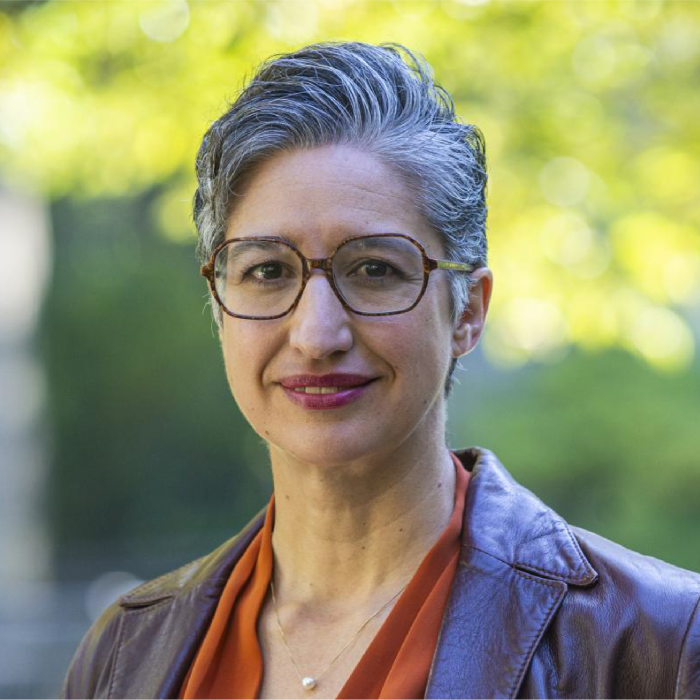
Paulina Ochoa Espejo

David Temin

Layla Picard

Menaka Phillips

Cara Nine

George Shulman

Nancy Luxon

Jennifer Forestal

Nazli Konya

Lucia Rafanelli
2021-2022

Jared Loggins

Matt Frierdich

Deva Woodly

Jennifer Rubenstein

Chiara Cordelli

Sid Issar

Jonathan Havercroft
View Abstract
Police crackdowns on recent protests by Black Lives Matter, Extinction Rebellion, and mourners of Sarah Everard all involved the use of anti-riot laws to disperse the protests. These cases pose a unique challenge to liberal political theorist’s focus on civil disobedience as the only legitimate means of expressing civil dissent. In all three cases the protestors were resisting structural injustices, yet by declaring these protests unlawful assemblies, the police deprived protestors of their right to public assembly thereby delegitimizing their political demands. While recent political philosophy on civil disobedience has increasingly contested the Rawlsian ideal of civil vs. uncivil protest, far less attention has been played to the crucial role of the police in constituting protests as riots. Under UK public order law, the sole authority to deem a protest an act of unlawful assembly (aka a riot) rests in the judgment of the senior police officer on the site of the demonstration. Beginning from this crucial feature of anti-riot law, this paper asks how the constitution of political protests as riots by the authorities shape the public’s perceptions of the legitimacy of the grievance underlying the protest? And how did protestors resist moral condemnation of their action by public authorities? Without an understanding of how the interpretation of a protest as a riot is itself a site of political struggle, theorists of civil disobedience neglect the crucial power of the police to declare certain political protests illegal, hence illegitimate. Given the UK Government’s proposed Crime, Policing, and Sentencing Bill, with even greater legal restrictions on demonstrations and processions, an analysis of this power is particularly urgent.
To answer these questions, this paper will draw upon the method of grounded normative theory. Grounded normative theory incorporates original empirical analysis in “a recursive process of theory development striving for accountability to persons in empirical contexts” (Ackerly, et al., 2021, 3). Specifically, this paper analyzes an archive I have assembled of public statements, testimony, press coverage, and official reports of over 40 riots in the UK from 1996-2021. By focusing on the actual normative justifications protestors and authorities gave for their actions, rather than the abstract arguments of political theorists, this paper will challenge the unhelpful dichotomy between civil and uncivil disobedience, and the narrow focus on violence that grips much of the political theory literature on the topic. Instead this paper will treat riots as political struggles in which protestors resist state authority and through which state authorities constitute political grievances as legitimate or illegitimate.

Andrew Dilts & Sarah Tyson
View Abstract
As the Land Back movement gains momentum, making sophisticated and urgent claims that ought not be dismissed, these claims also demand an honest confrontation with how Western political theory conceives of land. As Indigenous thinkers such as Leanne Betasamosake Simpson (Michi Saagiig Nishnaabeg) and Glen Sean Coulthard (Yellowknives Dene), have shown in their accounts of grounded normativity, land is not just a location for Indigenous world-building, but also an agentic teacher with political standing. These approaches provide powerful insight into some of the most pressing struggles of our times, including the events of the Standing Rock uprising and the Line 3 protests. Yet dominant traditions in political theory continue to treat land as an inert territory on which politics happens. We examine one theorist in the Western tradition whose iconoclastic approach to political theory has driven much critical work, much of which claims to avoid the pitfalls of abstraction and liberal universalism: Hannah Arendt. We show not only how consequential her understanding of land is to her political theory, but also how it leads her to circumscribe plurality in such a way as to render Indigenous political theory and practice nonsensical, nonpolitical, and therefore a proper target for destruction by political orders that will properly organize the land. Put differently, through attention to land, we show that settler colonialism is central to Arendt’s political theory, and not a mere oversight that can be acknowledged and dismissed. Given Arendt’s influence on critical (and often self-described “left”) approaches to political life, Arendt’s reliance on the ongoing violence of settler-colonialism runs deeper than many theorists have been able to acknowledge. Yet as we explain, critical resources that avoid these pitfalls are both readily available in Indigenous political theory and are directly in service of the broader argument that Land Back, and Indigenous resurgence more generally, present a profound challenge to dominant modes of Western theorizing, even in its critical and heterodox forms.
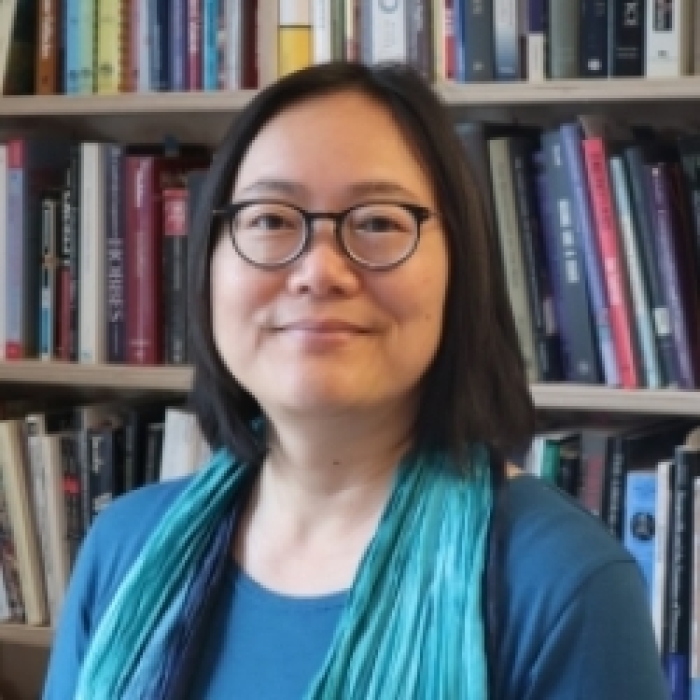
Catherine Lu
View Abstract
Modern museums of natural history, ethnography, civilization, and/or cultures typically claim to represent humanity, in its unity and diversity. Yet how did such museums come to be the representatives of humanity? And what has shaped the way such museums have represented humanity? These questions point to the heart of major contemporary controversies surrounding modern museums across Europe and North America. I understand the critical scrutiny of modern museums to be sparked by increasing acknowledgement of their colonial origins, and to be sustained by increasing recognition that the legacies of colonialism have afterlives in museums’ custodianship and representations of material culture, which function to reproduce forms of colonial injustice and alienation. Museums are thus sites where contemporary agents fight over the unfinished project of decolonization. In this paper, I aim to clarify what it might mean to decolonize museums, and what decolonization practices aim towards with respect to redressing different forms of colonial alienation.

Hana Nasser
View Abstract
This paper utilizes Foucault’s analysis of modern systems of punishment to analyze the punishment of revoking citizenship. The punishment of revocation does not conform to several criteria of what Foucault deems are necessary features of modern punishment. First, is that punishment is aimed at rehabilitation, and is concerned with targeting the soul of the condemned, with the body acting as an intermediary between the punitive technique and this soul. Second, is Foucault’s contention that modern forms of punishment have a social function in that through confinement, criminals who deviate from the norms of society in their behavior can be better surveilled and their behavior categorized. Third, punishment, according to Foucault, will increasingly become standardized, with the structure of the prison becoming the dominant mode of dispensing punishment. When examined in terms of its social effects, the punishment of revocation has important features of what Foucault outlines are criteria for modern forms of punishment such as its productive and subject constituting effects. In this paper, I argue that elite discourses construct a criminal subject worthy of the punishment of revocation. I further test the limits of the applicability of extending Foucault’s insights about punishment to the revocation of citizenship by investigating the punishment’s trans-national quality.

2020-2021


View Abstract
The essay begins with a discussion of the movements, texts, and figures—notably Herbert Marcuse—both central to the intellectual development of Angela Y. Davis and most representative of Davis’s political thought. It frames Davis’s body of work as a form of fugitive theory and practice whose nineteenth-century intellectual roots provide a unique vista only partially mined by contemporary theorists frequently associated with fugitive thought. It turns next to an examination of three concepts foundational to the work of Davis: abolitionism, democracy, and freedom. Davis’s analyses of W.E.B. Du Bois and Frederick Douglass are vital to elucidating these notions. The chapter argues that the understanding of abolitionism Davis marshals mediates her articulations of democracy and freedom in late modernity. Inclusion of Davis’s views on resistance and liberation reinforces this reading. Davis does not claim to invent all or even most of the categories and terms integral to her thought. It is the way she integrates older and new concepts into a defined political system concerned with actors and institutional arrangements that distinguishes her. Deciphering how Davis arrives at her core tripartite ideals challenges us to refashion facile, sanitized origin narratives of the contours of African American political thought.


Daniel Henry
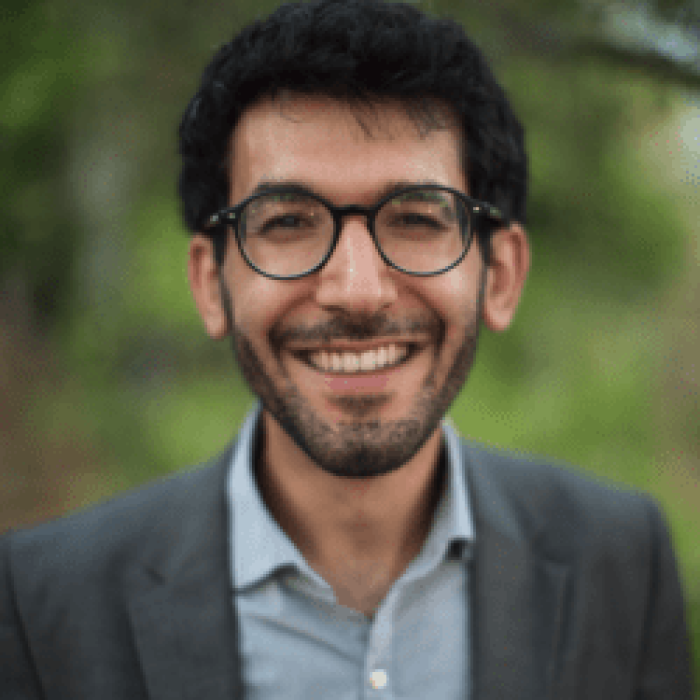
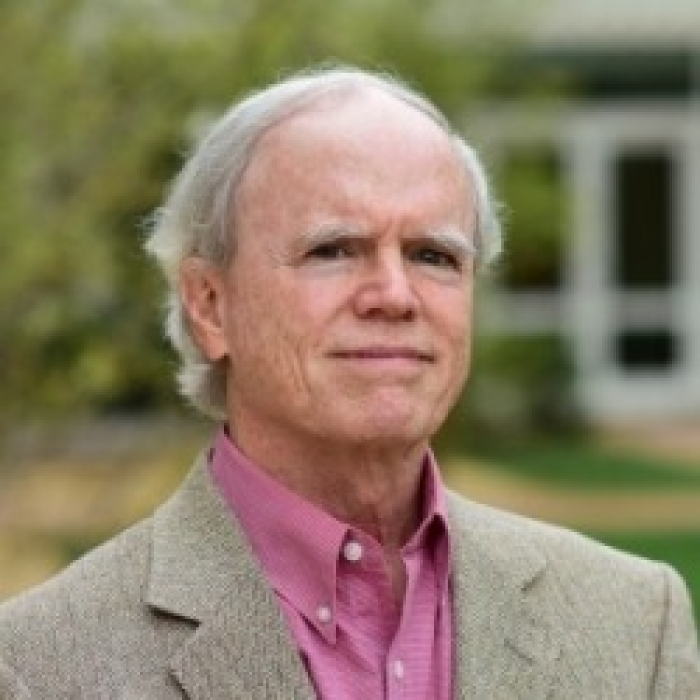
Stephen White
2018-2019
Andrew Gates
Dan Luban
View Abstract
Due especially to the work of Friedrich Hayek, “spontaneous order” has become an influential concept in social theory. It seeks to explain how human practices and institutions emerge as unintended consequences of myriad individual actions, and points to the limits of rationalism and conscious design in social life. The political implications of spontaneous order theory explain both the enthusiasm and the skepticism is has generated, but its basic mechanisms remain elusive and under-examined. This paper teases out the internal logic of the concept, arguing that it can be taken to mean several distinct things. Some are forward-looking (defining it in terms of present-day functioning) while others are backward-looking (defining it in terms of historical origins). Yet none of these possibilities prove fully coherent or satisfactory, suggesting that spontaneous order cannot bear the analytical weight that has been placed upon it.
Claire McKinney
View Abstract
Why do abortion politics matter? Feminists have long argued that in addition to the importance of the denial of access to a necessary service, abortion politics mark the continued investment in the control of women’s bodies and the construction of womanhood as equivalent to motherhood. Without contesting this feminist insight, this paper argues that abortion politics can also turn our attention to a particular valence of the control of women’s bodies formed through the practice and knowledge production of medicine. Through an analysis of the 19th century criminalization of abortion, I posit the importance of understanding women’s partial political belonging as a form of what Etienne Balibar calls “internal exclusion,” conditioned on the ways in which women’s bodies become vehicles for establishing particular forms of political and social authority. Understanding women’s citizenship as a medicalized citizenship reveals the ways that extra-political social interaction produces horizons of meaning for contemporary abortion politics that remain centrally tied to questions of health as well as a diagnosis for the continued resistance to women’s full political belonging in the United States.
Sharon Sliwinski
View Abstract
We all have seen the pictures: drowned children washed up on the beach, overcrowded rubber boats engulfed by the Mediterranean sea, throngs of displaced people gathered at border gates. The global migrant “crisis” has opened an unprecedented political quandary that has captured the attention of politicians, policy makers, and the public. It has also opened critical questions about our image-making practices. My discussion will interrogate the visual politics surrounding the recent iteration of this “crisis.” I will also present an excerpt of The Reverie Project (co-created with Martina Bacigalupo), a series of video portraits that provide an intimate encounter with a migrant community in Geneva. Inspired by Édouard Glissant’s notion of the right to opacity, the project aims to cultivate a sense of privacy (refuge) and highlight the political importance of the life of the mind (reverie).
Daniel Henry
Lawrie Balfour
Linda Zerilli
2017-2018
Jill Frank
View Abstract
Developing capacities to see through a tyrant’s stealth, deception, and lies depends on the capacity to distinguish representation from truth, which, drawing on Republic 10’s account of mimesis, my paper calls mimetic knowledge. Positioned at a third remove from the truth, mimetic representations are false, of course. On the basis of the taxonomy of lies Socrates offers in Republic 2, my paper distinguishes between the tyrant’s lies, which seek to deceive, and mimetic representations, which do not, to bring to appearance the ways in which the Republic positions mimetic knowledge as the key antidote to the lies of the deceiving tyrant. In short, my paper shows that seeing through (remaining unpersuaded by) the tyrant’s lies depends on seeing through (by way of) the falsity of mimetic representation. On this reading, the Republic turns out not to indict mimetic poetry, as is often thought, but rather to bring to light that there can be no anti-tyrannical politics without mimesis. The paper explores the repercussions of this reading for the famous “noble lie” that founds the Republic’s ideal city and the political and social policies enacted and enforced through deception in the name of justice by the ideal city’s philosopher-kings.
Ross Mittiga
View Abstract
Before long, geo-engineering may offer the most cost-effective option for preventing further harm from climate change. Should this be the case, utilitarians and liberals will have difficulty explaining the sense of aversion and tragedy many feel about intentionally manipulating the climate. Appeals to precaution only partially explain these feelings. For a fuller picture, we need a thicker conception of the proper values and ends of political society. To this end, I examine how classical Buddhist and Greek notions of temperance, justice, and freedom bear on the question of geo-engineering.My intention is not to pronounce on whether geo-engineering is morally “right” or “wrong,” but to highlight reasons for thinking it unattractive in a broader sense, thereby strengthening the case for exhausting conventional, emissions-reductions options.
Robert Vitalis
Uday Mehta
Alexander Livingston
View Abstract
Martin Luther King, Jr.’s ‘Letter from a Birmingham Jail’ is commonly celebrated as an authoritative statement of the theory civil disobedience. A generation of scholars in the 1960s and 70s drew on King’s essay to codify a normative theory of disobedience as an act of fidelity to constitutional law. However, this liberal discourse of disobedience came to prominence just as King’s own theory of disobedience was shifting in a more radical direction. This essay critically examines King’s late theory of civil disobedience as an experiment in power. Drawing on published and archival sources, it reconstructs King’s Janus-faced conception of power and its role in reconceptualizing non-violent direct action as an illegal but loving act of taking freedom.
2023-2024
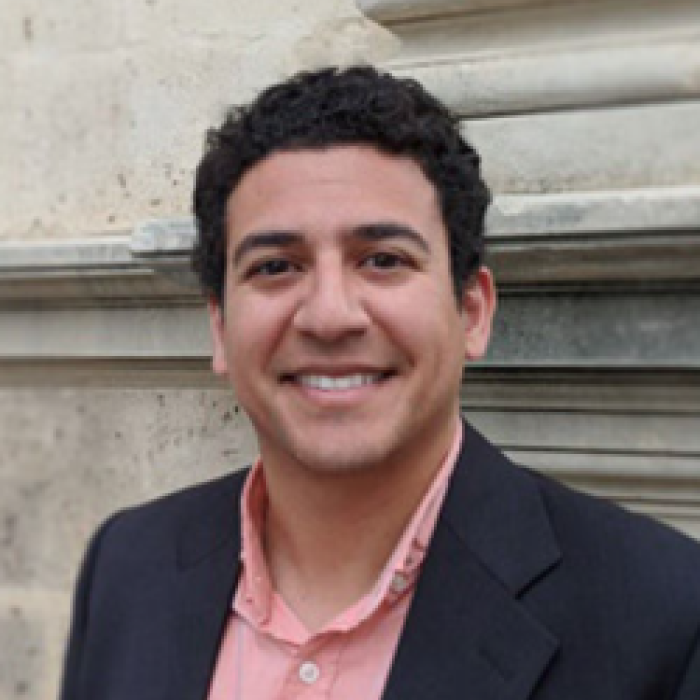
Aziz Rana

Nasrin Olla

Paul Weithman

Elisabeth Anker

Alyssa Battistoni

Kevin Elliott
Joseph R. Winters II and Lawrie Balfour


Jean-Marc Pruit
2022-2023

Amanuel Gebremichael
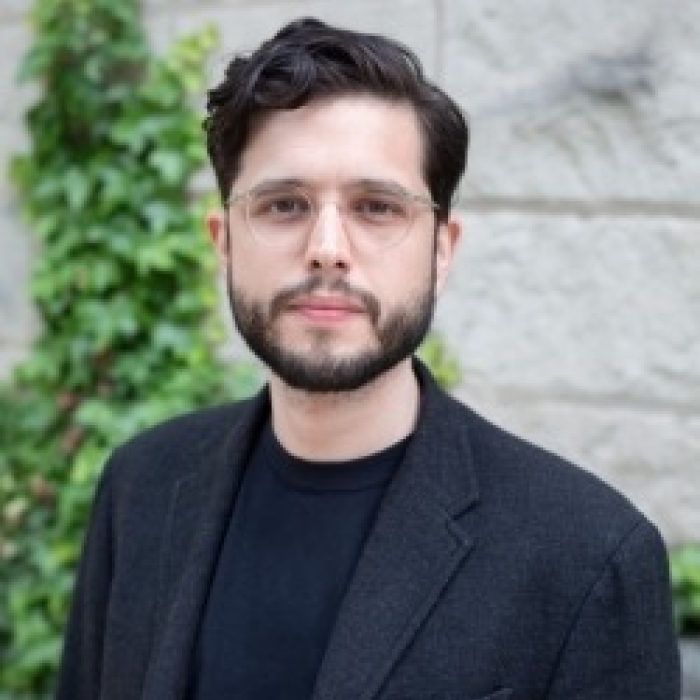
Lucas Pinheiro

James Lindley Wilson

Camila Vergara

Jess Flanigan


View Abstract
The standard historical account of the rise and fall of Jim Crow views the Black struggle for civil rights as in no small part a struggle to overcome the accommodation of racial segregation promoted by Booker T. Washington, most seminally through his 1895 formulation, "cast down your bucket where you are." However, this paper argues that Bookerism was in fact integral to the intellectual and religious framework of the civil rights movement because Bookerism facilitated the incorporation of caste ideology into the thought of some of the movement's key architects. I call the incorporation of caste ideology into a formulation or program "caste-thinking." Focusing on Howard Thurman and Martin Luther King, Jr., I show how the caste-thinking in the civil rights movement derived from American academic sociology, which shaped Thurman's and King's conceptualizations of the American racial order; and from Gandhian nonviolence, which Thurman and King came to see as essential for overcoming American racism. The modern mainstream American sociology of race developed by conceptualizing caste in India as a model for maintaining white supremacy in America without “race friction” between Blacks and whites. Gandhi sought to cleanse untouchability from caste while affirming caste as the stabilizer of Indian society. Both sociology and Gandhi utilized Bookerism to legitimize the notion that caste, in its ideal form, was an acceptable way of managing social hierarchy with malice toward none and mutual benefit for all in a society. To both, Washington's efforts to deter racial violence by accommodating Jim Crow, especially Jim Crow’s expropriation of Black manual labor, showed how the oppressed could thrive peacefully under caste hierarchy. Bookerism thereby authorized the mobilization of caste ideology on behalf of those subjugated through caste.
Bookerism was the felt but seldom seen bucket in which Black Gandhians carried sediments of caste-thinking from the intellectual streambeds of sociology and Gandhian nonviolence into the fight against segregation. Caste-thinking obscured Dalit and anti-caste movements from the view of Black Gandhian theory and praxis, even as Black Gandhians identified deeply with Dalits when visiting India. It inhibited Black Gandhian attempts to develop effective nonviolent alternatives to forms of Black militancy that rejected the caste-thinking imperative of affirming and redeeming institutions of social control. Ultimately, King cast down the bucket, with its sediments of caste-thinking, on what he famously called the “mountaintop” of civil rights achievement.


